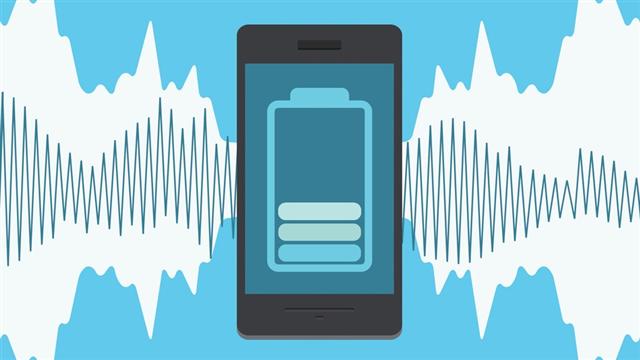Just when it seemed that Nokia won’t make the news anytime soon, it announced that it teamed with researchers at Queen Mary University London to create smartphones that require sound to recharge.
Wireless charging is about to have a different turn, if Nokia will have its way at designing sound-charging smartphones. The new device that the company has been working on with the help of researchers from Queen Mary University London is based on nanogenerators that turn sound into electrical energy.

One of the best aspects of this concept is that the Nokia Lumia 925-sized smartphone doesn’t require a specific type of sound to power itself. Any type of background noise would do, from car traffic to music and even the sound of your own voice. “Talk to the hand” was just turned into “talk to the phone,” and this time it isn’t even derisory.
In an interview with Mashable, Dr. Joe Briscoe stated that “Charging by sound and vibrations could help improve the usability of electronic devices and allow them to work for longer, without worrying about connecting to a charger. It would also be helpful to the environment — if we can use even a small amount of the waste energy (light, heat, sound, movement) in the environment, we can reduce the need for conventional electricity produced from fossil fuels. I believe charging phones this way could be a part of the future, but there probably isn’t enough energy in sound to remove the need for conventional charging completely. It could help to reduce how often we need to charge our phones, though.””
Dr Briscoe explained that “Being able to keep mobile devices working for longer, or do away with batteries completely by tapping into the stray energy that is all around us is an exciting concept. This collaboration was an excellent opportunity to develop alternative device designs using cheap and scalable methods. We hope that we have brought this technology closer to viability.”
Inventions like this definitely make me think that probably we’ve looked at the problem from a wrong point of view the whole time. Maybe researchers shouldn’t spend time on how to make batteries more efficient, but how to use more sources of energy to power our devices.
Be social! Follow Walyou on Facebook and Twitter, and read more related stories about Lenovo’s smart glasses that are powered by a neck battery, and the StoreDot fast-charging battery.










